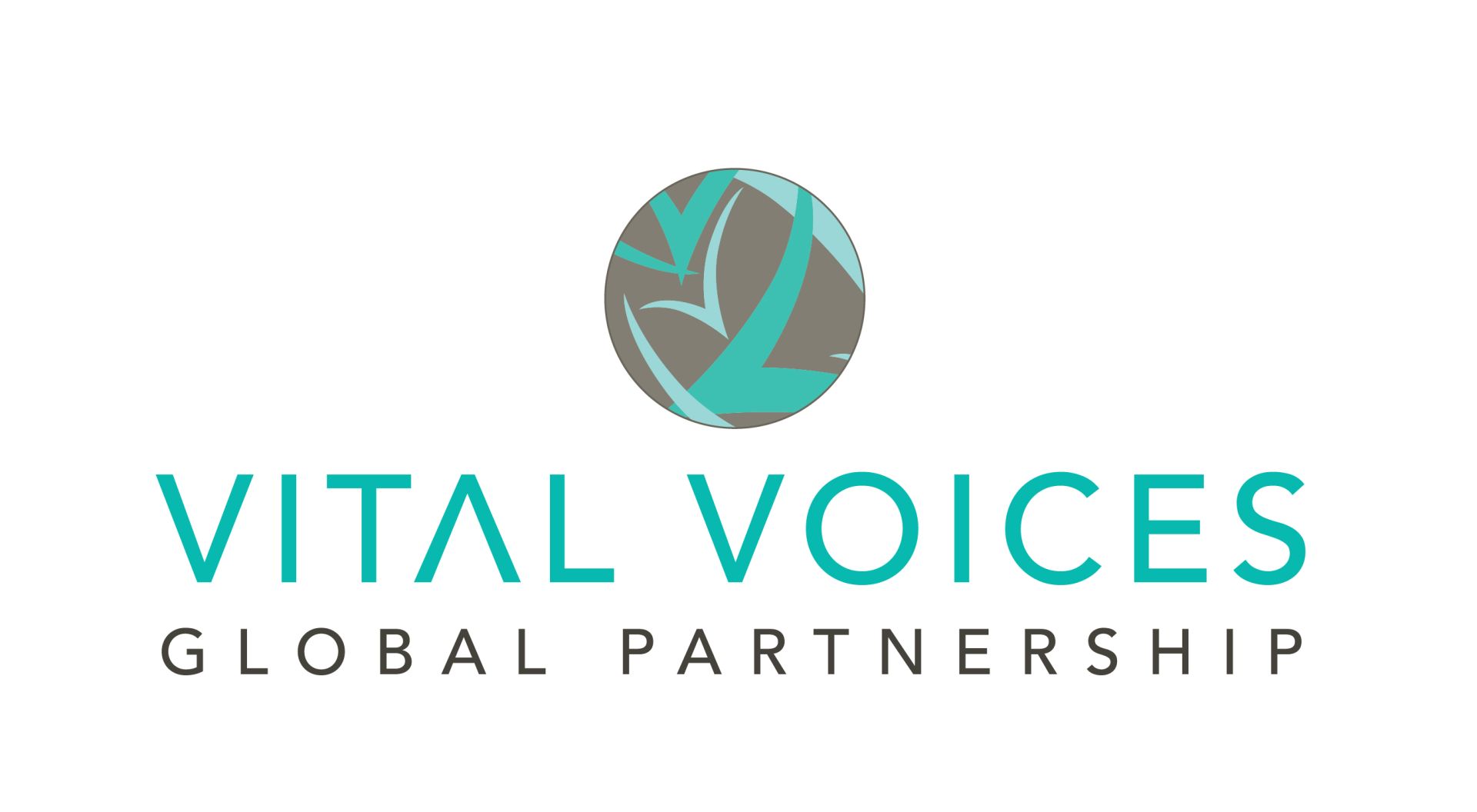Vital Voices is a global movement that invests in women leaders who are solving the world’s greatest challenges. Guided by the belief that women are essential to progress in their communities, we identify women with daring visions for change. Since 1997, we have partnered with 18,000 women from 182 countries, representing diverse sectors and backgrounds. While we may have different experiences and perspectives, as a global community dedicated to positively impacting our communities, we believe that we have shared values. By enrolling in and actively participating in our virtual community, you agree to engage and contribute respectfully and constructively, and in line with the code of conduct outlined below in order to create a safe and positive online community experience for everyone regardless of: age, disability, gender, gender identity and expression, marital status, sex, sexual orientation, race and/or ethnicity, national origin, geographic location, native language, political affiliation, physical appearance, socioeconomic status, religion or any other dimension of diversity.
Vital Voices is committed to fostering a positive and inspiring online community and expect the following behaviors to be exhibited by all participants including but not limited to network members, staff, trainers, speakers, facilitators, partners, supporters and volunteers.
- Commit to collaboration, to learning from others, to educating others, and to educating yourself.
- Value others’ viewpoints and ideas.
- Show respect in all interactions and communications, especially when arguing the merits of differing options/opinions.
- Communicate your opinions in a direct, constructive, and positive manner.
- Take responsibility for your impact. If you have harmed someone through your words, listen to the feedback and make amends.
- Respect participants with different cultural practices and beliefs.
- The Vital Voices Learning Experience provides an option for people to voluntarily disclose their personal pronouns on their user profiles. Asking and correctly using someone’s pronouns ensures your respect for their gender identity. Respecting people's pronouns helps us keep this community space inclusive and welcoming to all network members.
- Acknowledge all participants, their positions, their efforts, their commitments, and their skills.
- Focus on what is best for this community in your interactions and follow processes set forth in the community or space in which you are participating.
- Foster an environment where everyone can participate and contribute to the goals of the community.
- Practice empathy and be attentive in your communications when others share vulnerabilities.
- Support people of all backgrounds and identities.
- Seek diverse perspectives and voices.
- Include all members who may have been facing challenges to participate such as language barriers, time differences, utilization of pronouns other than “he” or “she”, or cultural differences.
- Practice patience when dealing with technology issues.
- Keep in mind that we are a world-wide community, so you may not be communicating in a participant’s primary language.
- Acknowledge the time and effort that everyone is committing to the betterment of this community.
Any inappropriate behavior by participants including but not limited to network members, staff, trainers, speakers, facilitators, and volunteers will not be tolerated. Violation of these guidelines can result in you being asked to leave an online event or space, either temporarily or being banned from participation in all Vital Voices spaces, future events and activities in perpetuity. These include but are not limited to:
Violence or Threats of Violence:
- Deliberate intimidation, violent threats or language directed against another person. This includes encouraging a person to engage in self-harm or to commit suicide.
- Disclosure of a person`s identity or other private information without their consent.
- Disclosure of identifying information is not consent to disclose identifying information.
- Inappropriate or unwanted publication of private communication. Publishing or reporting private communication or personally identifying information for the purposes of reporting harassment is acceptable.
- Unwanted photography or recording.
- Offensive or discriminatory comments, particularly against marginalized and otherwise underrepresented groups.
- Any conduct that is inappropriate for a professional audience including people of diverse backgrounds.
- Jokes or insults that are based upon stereotypes, that are exclusionary or that hold others up for ridicule.
- Excessive swearing.
- Use of gratuitous or off-topic sexual language or imagery.
- Inappropriate or unwanted public or private communication, following, or any form of stalking. Continued one-on-one communication after being told to cease, including creating additional online accounts in order to circumvent a ban or harass another person.
- Keeping records or taking screenshots of online activity for harassment purposes.
- Harming the discussion or community with methods such as sustained disruption, interruption, or blocking of community collaboration (i.e. trolling which is defined as antagonizing (others) online by deliberately posting inflammatory, irrelevant, or offensive comments or other disruptive content).
